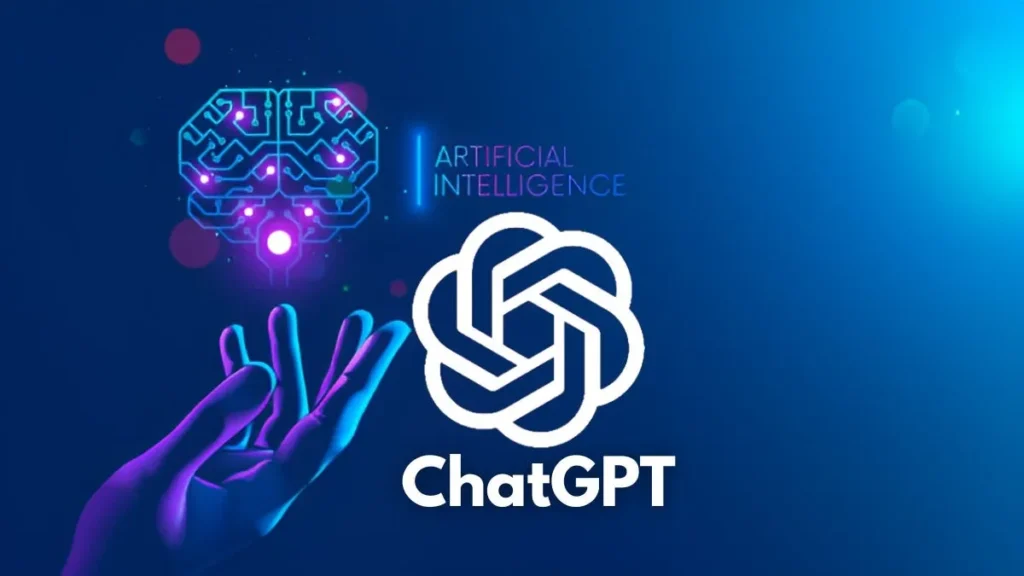
In an age where digital interactions are increasingly replacing human connections, a surprising dependency on artificial intelligence, particularly chatbots like ChatGPT, has been highlighted by recent research. A collaborative study by OpenAI and the MIT Media Lab has revealed that a small but significant group of “power users” are exhibiting signs of addiction to ChatGPT, with symptoms including preoccupation, withdrawal, loss of control, and mood modification.

Understanding Problematic Use
This phenomenon of dependency isn’t just about frequent use but involves emotional engagement that some users develop over time. The researchers conducted extensive surveys with thousands of ChatGPT users, aiming to understand not only user sentiment towards the AI but also the specific ways they interact with it. The study identified “affective cues,” which include expressions of empathy, affection, or support, as a core element of these interactions.
Interestingly, the study found that the majority of users do not form emotional bonds with ChatGPT. However, those who do tend to use the chatbot for extended periods often begin to view it as a friend. This attachment is particularly strong among users who experience loneliness or heightened stress from subtle shifts in ChatGPT’s responses.
Emotional Connections and AI: A Slippery Slope
The findings suggest a troubling trend: individuals with fewer social interactions or personal challenges may develop deep parasocial relationships with AI. This dependency underscores a potential psychological vulnerability among the most frequent users of such technologies. The implications of forming emotional attachments to AI are profound, raising questions about the future dynamics of human-machine interaction.

Moreover, the research highlighted intriguing contrasts in how people use ChatGPT. Emotional language was more prevalent in text-based interactions than in Advanced Voice Mode, which was associated with better well-being but only when used briefly. Additionally, those engaging with ChatGPT on personal topics like emotions and memories were surprisingly less emotionally dependent than those using it for impersonal tasks like brainstorming or seeking advice.
Prolonged Use Exacerbates the Issue
One of the most significant insights from the study is the impact of prolonged interaction with ChatGPT. Whether for personal inquiries or casual conversation, the longer individuals use the chatbot, the more likely they are to rely on it emotionally. This raises critical concerns about the potential for AI to contribute to or exacerbate social isolation and emotional dependency.
What This Means for AI Interaction
As we continue to integrate AI technologies into daily life, understanding the psychological impacts of these systems becomes crucial. This study serves as a call to action for researchers and technologists to consider the ethical dimensions and potential psychological effects of AI designed for social interaction. The dependence on AI not only reflects underlying social and emotional deficits but also highlights the need for balanced and healthy interactions with technology.

As AI continues to evolve, striking a balance between leveraging its benefits and mitigating risks will be key. Ensuring that AI serves as a tool for enhancing human capabilities rather than becoming a substitute for genuine human connections is essential for the healthy integration of these technologies into society.
